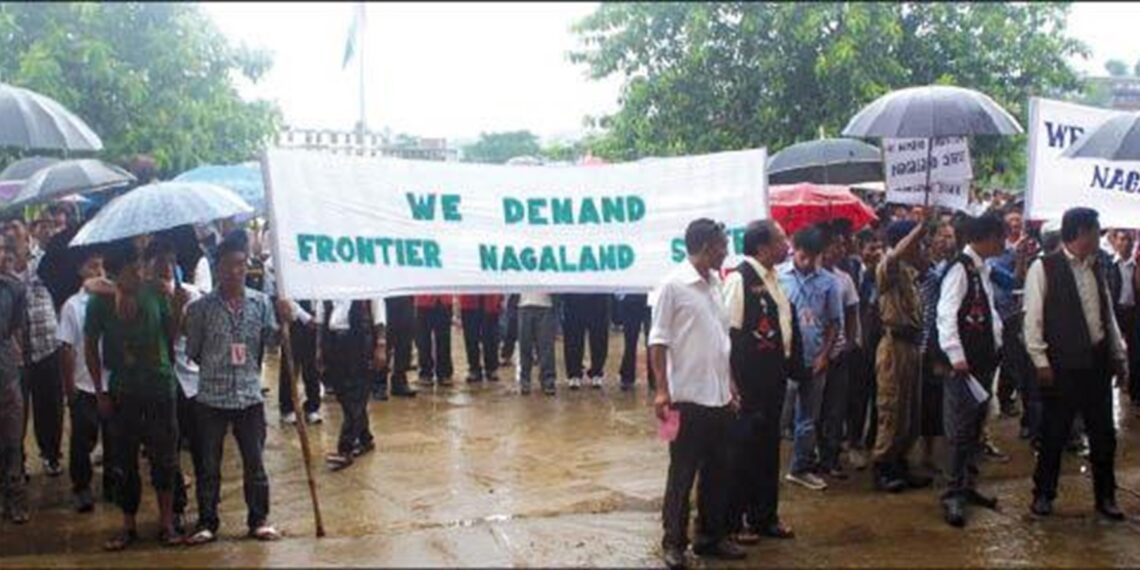KOHIMA: Several tribal organisations in Eastern Nagaland have jointly decided to abstain from voting for the Lok Sabha polls on April 19.
In a letter addressed to the Chief Election Commissioner (CEC) of India, the Eastern Nagaland People’s Organisation (ENPO) and other tribal bodies cited dissatisfaction over the unresolved Frontier Nagaland Territory (FNT) issue as the primary reason for their decision.
The collective decision to boycott the Lok Sabha polls stems from the alleged failure of the Ministry of Home Affairs (MHA) to address the FNT issue, despite assurance made on December 7, 2023.
Expressing their discontent, the ENPO and affiliated tribal organisations in the letter, urged the Election Commission of India (ECI) and the state government to acknowledge their stance and make necessary arrangements.
ALSO READ Eastern Nagaland stands firm: ENPO to continue poll boycott over FNT demand
Furthermore, they stressed on the willingness to cooperate by providing any additional information requested by the authorities in this matter.
To discuss further course of action, the ENPO has scheduled a joint coordination meeting with leaders of various political parties from the Eastern Nagaland region on April 6 at 10 am at KU Hall in Mon town.
In a press note issued on Monday, the ENPO information secretary called upon the presidents and secretaries of all political parties in the six Eastern districts to attend the meeting.
Additionally, tribal bodies and frontal organisations too were urged to attend the meeting.
ALSO READ Nagaland CM proposes autonomous body to ENPO through dialogue, urges not to boycott polls
The decision to boycott the Lok Sabha polls was reached during a meeting held on March 19, where participants reinforced their stance by restating the Chenmoho Resolution passed on February 23.
The resolution vowed to abstain from all electoral processes until their demand for the establishment of an autonomous body is addressed.
Earlier, Chief Minister Neiphiu Rio has appealed to the ENPO to refrain from boycotting electoral procedures.
He proposed exploring the possibility of forming an autonomous body through democratic means and inclusive consultations.















